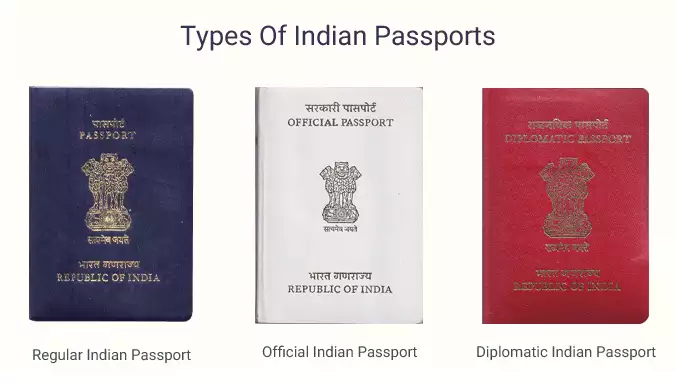Free Courses Sale ends Soon, Get It Now


Free Courses Sale ends Soon, Get It Now



Copyright infringement not intended
Picture Courtesy: https://timesofindia.indiatimes.com/travel/destinations/types-of-passport-every-traveller-in-india-should-know-of/articleshow/62630074.cms
Context: A Member of Parliament recently fled to Germany using a diplomatic passport, benefiting from India's visa exemption agreement with Germany for diplomatic passport holders.
Diplomatic Passport
Visa Exemption Agreements
Political Clearance
Revocation of Diplomatic Passport
Conclusion
Source:
|
PRACTICE QUESTION Q. Consider the following statements: 1. Diplomatic passports are issued to government-appointed officials travelling abroad for official business. 2. Diplomatic passports have maroon covers, while regular passports have dark blue covers. 3. Holders of diplomatic passports are generally entitled to immunity from arrest and detention in the host country under international law. How many of the above statements are correct? A) Only one B) Only two C) All three D) None Answer: C |
© 2024 iasgyan. All right reserved